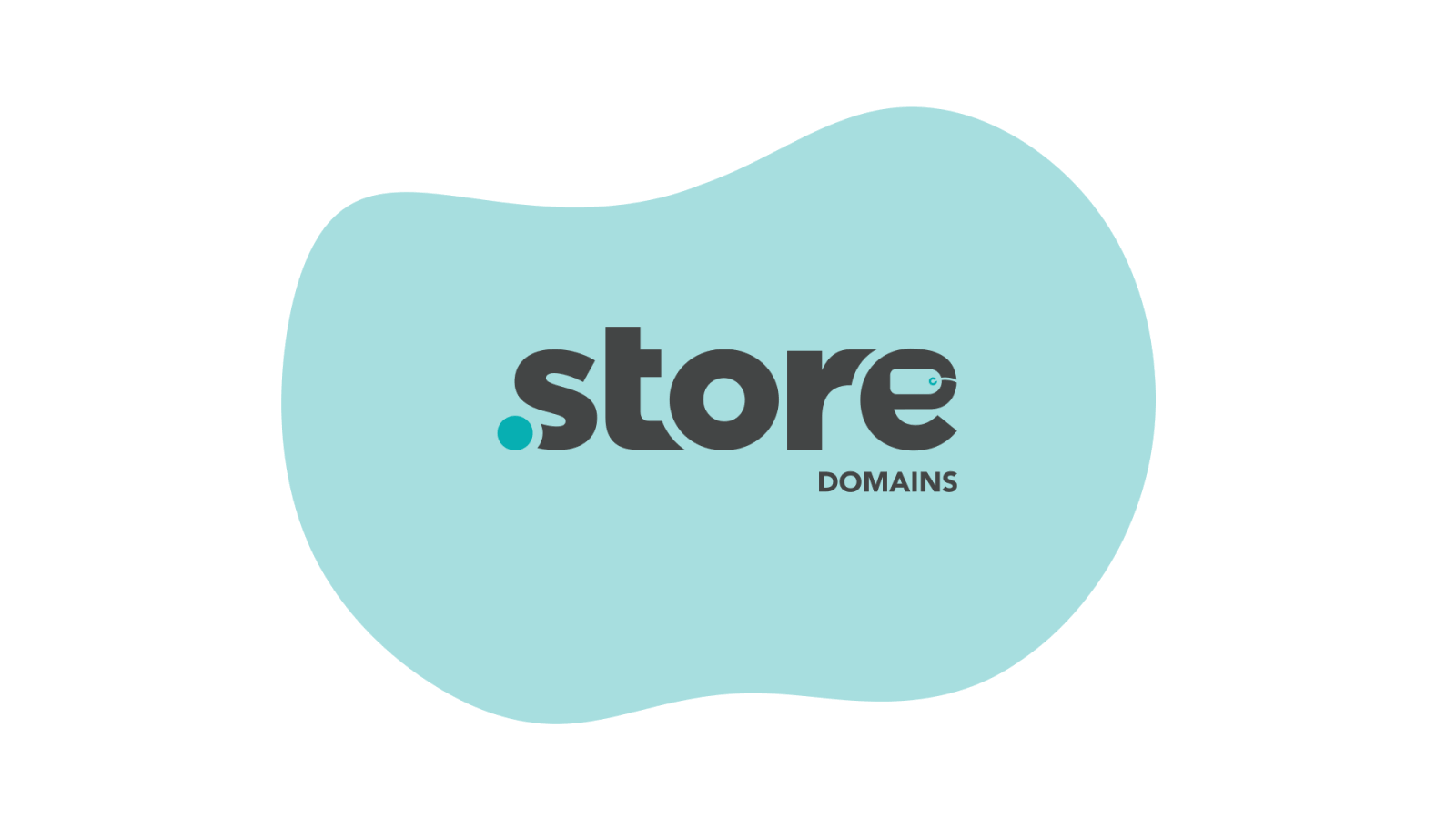Building an online business is no easy feat. There are hundreds of little tasks that need to be done to set up your online store and hundreds of other little tasks to keep that store running. In this melee, it is easy to overlook a few critical things.

While oversights are good because of the lessons you learn from them, we thought we’d put together a post about 7 critical mistakes that may hinder your business growth and how you can avert making them.
7 Critical eCommerce Business Mistakes New Online Store Owners Make
1. No Marketing Plans
Just building an online store and creating social media profiles for it is not enough.
Retail and eCommerce are cutthroat industries and you need to have a solid, long-term marketing plan in place to attract traffic to your website.
Even if you’ve found the perfect niche or products to sell, your store needs to crack those conversions which it won’t be able to if nobody knows about it.
You’d be surprised to know about the numerous ways to drive targeted traffic to your online store. Here are a few ways.
- Social Media Marketing – Organic and Paid (Facebook business and Instagram business)
- Paid Search Ads
- Content Marketing
- OOH
- Retargeting
- Email Marketing
- Google Adwords
- Customer Advocacy
Spin the wheel and experiment with every plan enough to check how each is performing.
Then expand on the ones that are working and discard the ones that aren’t.

2. No SEO Plans
Search engines are a massive resource center for people looking for your online store or any information, as such.
Which is why if you’re online, you simply cannot do without an SEO framework.
As a budding eCommerce entrepreneur, you have two options: either do it yourself or hire an SEO consultant. Our take? Do both.
Driving organic traffic to your website is all down to unhindered search engine optimization.
This typically consists of building solid backlinks and drafting keyword-rich content for your website.
Many online businesses don’t give this activity much thought under the pretext of it being a technical or complicated or costly activity.
However, with some effort and time investment, your store can enjoy a strong SEO rank and an even stronger web presence.
SEO is also integral to your brand credibility. A brand that pops up on the first page of a search engine is often regarded as a brand that people can trust.
Think about it – if you are in the business of selling custom sneakers and a ‘buy custom sneakers online’ search request doesn’t display your online store; your customers may not be inclined to visit your store.
-
Competitor SEO
Keep track of what your competitors are doing and how they manage to rank above others on search engines. Replicate similar strategies if you have to.
-
Domain name
Pick a keyword-rich domain name that is super relevant, short, and definitive. SEO best practices indicate using a short web address. Choose a .STORE domain name to help your brand name do the talking.
-
Product pages
Clearly establish a dedicated page for every product that you sell. This way search engines can avoid getting confused between them and pushing your pages to lower ranks.
-
Keyword research
Use tools such as KWFinder and Google keyword planner to find the most relevant and best-ranking words for your online store.
-
Monitoring SEO regularly
Regularly use tools such as Google Analytics to monitor your website performance. Make tweaks wherever needed to ensure you continue enjoying a superior SEO performance.
3. Unenthusiastic Design UI/UX
A good eCommerce website isn’t one that just looks good to you, it’s one that converts.
In a hurry to launch your store, don’t make the mistake of setting up a badly designed one.
Do extensive research and extensive testing before you launch.
Keep the visitor journey in mind and equip your website with sufficient whitespace, moderate animations, high-quality images, legible typography, smart content architecture, and a logical flow of pages and information.
Another critical design element to keep in mind is responsiveness. Your online store must seamlessly function across all device types without hampering the overall brand experience.
Here are 25 excellent UX examples of eCommerce websites that you can take inspiration from. Also, do check out this comprehensive guide on UX design for eCommerce websites.

4. Lack of Target Audience Research
Even if you have the best products and are fueled with unending passion, if you haven’t researched your target audience to understand them and their needs, you are setting yourself up for failure.
Offering the right products begins with knowing what people want. How are you filling a gap in the market? How does your brand image fit in with your customers’ perspectives?
Audience research is often an ongoing process in successful businesses as it allows them to be in sync with their market and tune their products, messaging and strategy accordingly.
5. Lack of Delegation
As an upcoming entrepreneur, you probably don’t have a large team to work with.
This means you might spend a lot of time performing tasks that can otherwise be delegated or automated.
Even so, your time should be spent on accomplishing tasks of the highest value.
While this may not be the most pocket-friendly alternative, the benefits far outweigh the costs.
6. Lack of Focus
Running a business can be overwhelming and it is easy to get caught up in a number of things – maintaining your inventory, answering customer inquiries, conducting marketing activities, keeping a tab on your expenses, and more.
The worst thing you can do here is to keep going without a clear purpose. Prioritize your goals, cut down marketing or sales activities that aren’t critical at the moment, delegate, and have one goal at one time, whether it is getting your MVP out, expanding into another sales channel, or launching a full marketing campaign.
7. No Financial Roadmap
Your store can be your passion, but above all, it is a business. And a business needs a well thought out financial roadmap.
Not paying attention to your numbers and ignoring the bigger picture will only hamper your business from reaching its full potential.
Quantify everything from your marketing efforts to research sales and identify where you can improve costs.
Building an Online Store? Get your website on a .STORE domain!






